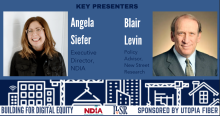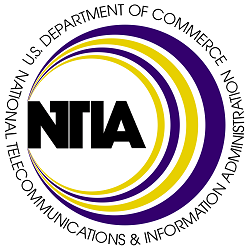Trump FCC Kills Popular Program That Brought Free Wi-Fi To Low Income School Kids
The Trump FCC has voted to kill two different programs that helped bring free Wi-Fi to school kids in underserved poor and rural U.S. communities.
It’s the latest casualty of an administration that has been taking a hatchet to FCC consumer protection and affordability initiatives, many of which were developed over decades – with popular bipartisan support.
The FCC under Brendan Carr on September 30 voted 2-1 to kill the programs, with Republican Olivia Trusty voting with Carr and Democrat Anna Gomez dissenting.
In 2023, the previous FCC expanded the agency’s Universal Service Fund's E-Rate program to help fund free Wi-Fi service on school buses. In 2024, the Biden FCC further expanded the program to help fund schools and libraries looking to lend out Wi-Fi hotspots and services that could be used off-premises by school kids that lacked affordable home broadband.
Both efforts were lauded for bridging the “homework gap,” making it easier and more affordable for kids in disconnected areas to keep up with homework. The expansions incurred no additional costs to taxpayers, leveraging existing USF funding. E-Rate spends about $2 billion annually and has a funding cap of roughly $5 billion.
Both Texas Senator Ted Cruz and FCC Chairman Brendan Carr spent most of 2025 trying to eliminate the programs. At one point, Cruz claimed, falsely, that the program was “censoring kids’ exposure to conservative viewpoints.” Carr, meanwhile, had tried to suggest the program created risks for kids due to unsupervised Internet use.














